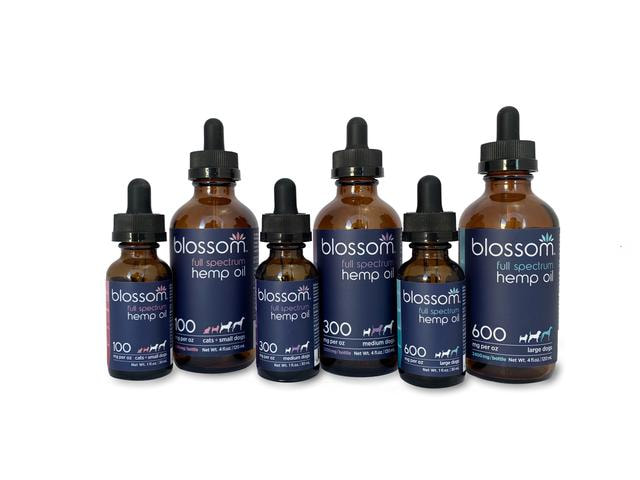With the increasing legalization and normalization of cannabis use, concerns about the impact of THC (tetrahydrocannabinol), the psychoactive compound in cannabis, on driving safety have become more prominent. While the effects of alcohol on driving ability are well-documented, the effects of THC on driving performance are still being studied and understood. In this blog post, we’ll explore the implications of THC use on road safety, discuss current legal regulations, and highlight the importance of responsible consumption to prevent impaired driving incidents.
The Effects of THC on Driving Ability
Research has shown that THC can impair cognitive and motor functions critical for safe driving, such as reaction time, coordination, and decision-making. THC affects the brain’s cannabinoid receptors, leading to changes in perception, attention, and judgment. These impairments can increase the risk of accidents and make it more difficult for drivers to respond effectively to unexpected events on the road. Additionally, THC can affect psychomotor skills for several hours after consumption, even when users may no longer feel “high.”
Studies have found that drivers with THC in their system are more likely to be involved in accidents, particularly when combined with alcohol consumption. The effects of THC on driving ability can vary depending on factors such as dose, frequency of use, individual tolerance, and co-use of other substances. Cannabis users need to recognize the potential impairing effects of THC and refrain from driving under the influence to protect themselves and others on the road.

Legal Regulations and Impaired Driving Laws
As the legalization of cannabis continues to expand, many jurisdictions have implemented laws and regulations to address impaired driving related to cannabis use. These laws typically prohibit driving under the influence of cannabis and establish legal limits for THC blood concentration levels. However, determining impairment due to THC can be more complex than alcohol, as THC can remain detectable in the body for an extended period, even after the acute effects have subsided.
In some regions, law enforcement officers use roadside saliva tests or field sobriety tests to detect cannabis impairment in drivers. However, these methods have limitations in accurately assessing impairment levels and are subject to legal and scientific scrutiny. Blood tests may be used to measure THC levels more accurately, but there is still debate over what constitutes an “impairing” THC concentration and how to interpret these results in the context of driving safety.
Promoting Responsible Consumption and Prevention
To mitigate the risks of THC-impaired driving, cannabis users need to consume responsibly and understand the potential effects of THC on driving ability. This includes refraining from driving immediately after consuming cannabis and waiting until the impairing effects have worn off. Alternative transportation options, such as designated drivers, public transit, or ridesharing services, should be utilized when planning to consume cannabis.
Education and awareness campaigns can also play a crucial role in preventing THC-impaired driving incidents according to Film Daily. These campaigns can inform the public about the risks of driving under the influence of cannabis, guide responsible consumption practices, and promote the importance of planning for safe transportation. Additionally, healthcare professionals and cannabis retailers can offer guidance and resources to help individuals make informed decisions about cannabis use and driving safety.
As cannabis legalization continues to evolve, it’s important to address the potential risks associated with THC-impaired driving and implement effective strategies to promote road safety. By understanding the effects of THC on driving ability, adhering to legal regulations, and promoting responsible consumption practices, we can work towards reducing the incidence of impaired driving incidents and protecting the well-being of all road users. Collaboration between policymakers, law enforcement agencies, healthcare professionals, and the cannabis industry is essential to address this complex issue and ensure safer roads for everyone.








